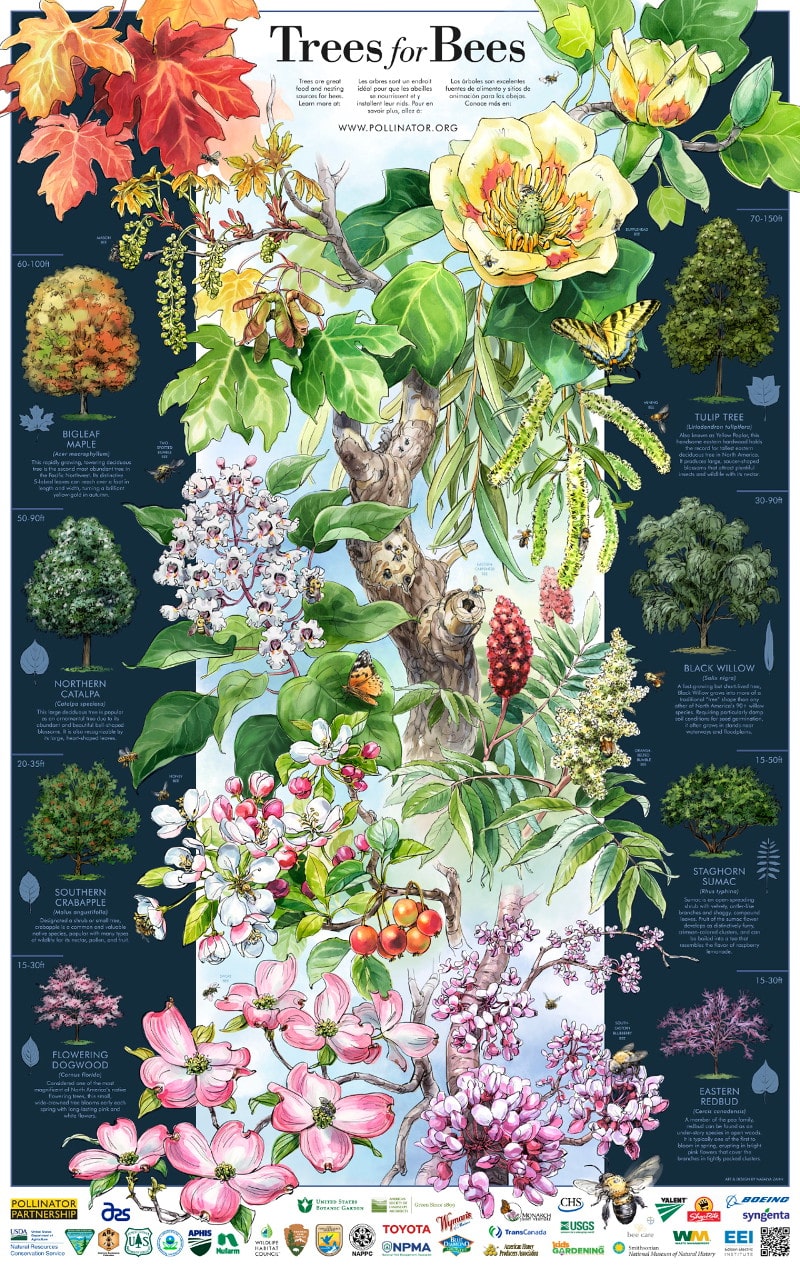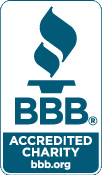©2026 Operation Brightside Inc. | All marks are trademarks of their respective owners.
We need your help.
Your donations allow us to do what we do. Please help!
Contact us to learn about our
St. Louis volunteer opportunities.
Get our e-newsletter.
Plant Trees for Pollinators!
Plant Trees for Pollinators!
Most pollinator gardening guides are focused on flowering perennials, which is why trees and shrubs are often overlooked as sources of pollinator habitat. Many trees flower early in the spring and provide an important nectar source before most perennials even break dormancy. The woody branches provide shelter and nesting sites for birds and a wide variety of native wildlife. In addition, hundreds of species of moths and butterflies rely on trees and shrubs for their reproduction cycle.
Trees in the oak family support the most butterfly and moth species out of any plant, tree or shrub – an impressive 534 species rely on oaks! Trees in the black cherry, willow, birch and poplar families each support between 350 and 460 butterfly and moth species. By contrast, goldenrod, the top-ranked herbaceous perennial, supports 115 species. Shrubs such as Buttonbush, New Jersey Tea and Spicebush also serve as host plants for butterflies and moths and provide nectar for all pollinating insects. Many shrubs bloom in late spring through mid- to late-summer, providing nectar after trees have finished blooming. Small shrubs are a great addition to urban gardens, since they require much less room to grow than large trees!
Start planning your next planting project today! Pick up a copy of the Missouri Department of Conservation’s Missouri’s Oaks and Hickories or Missouri’s Urban Trees at the Brightside office or simply download a copy of these free publications here: http://forestkeepers.org/wp-content/uploads/2013/05/Missouris-Oaks-and-Hickories.pdf
https://mdc.mo.gov/sites/default/files/2020-04/MissouriUrbanTrees.pdf
Our friends at Forest ReLeaf of Missouri may be able to help you, too. Forest ReLeaf provides free native trees and shrubs for planting in public and not-for-profit spaces. They also sell trees and shrubs for planting on private property.
Learn more about supporting pollinators and wildlife in your community by visiting Brightside’s office. Walk through our Demonstration Garden to see several trees species growing in their natural habitat. Get ready to plant some trees or shrubs — the pollinators will thank you!




Can use this poster and any others that you can send me for my Honey Bee Association Group.
I am a extension agent with LSU Agcenter. Thanks.
Absolutely! This poster is from the Pollinator Partnership: https://www.pollinator.org/shop/posters